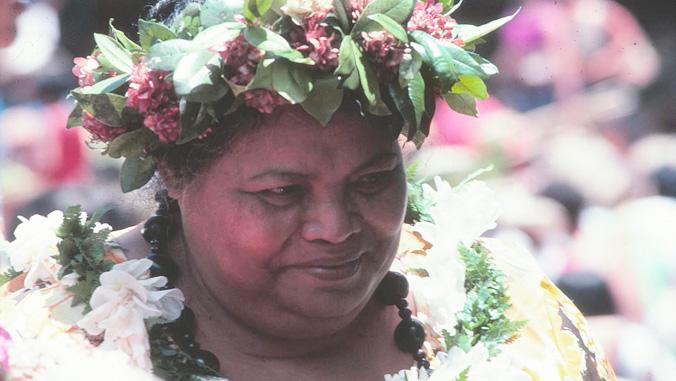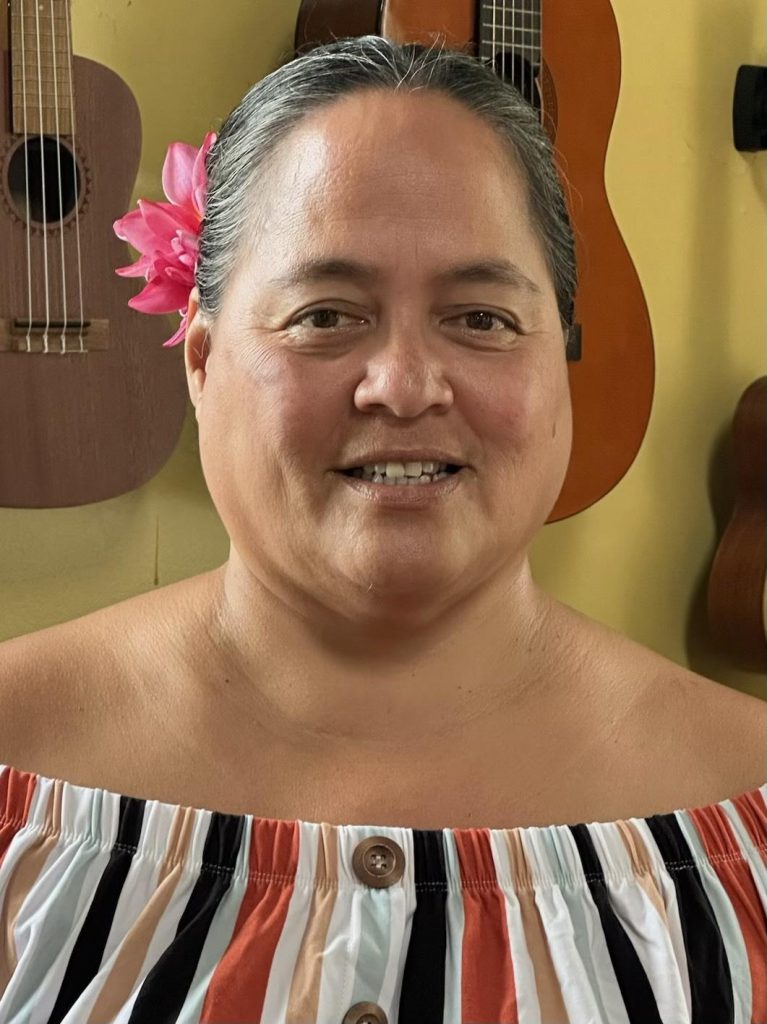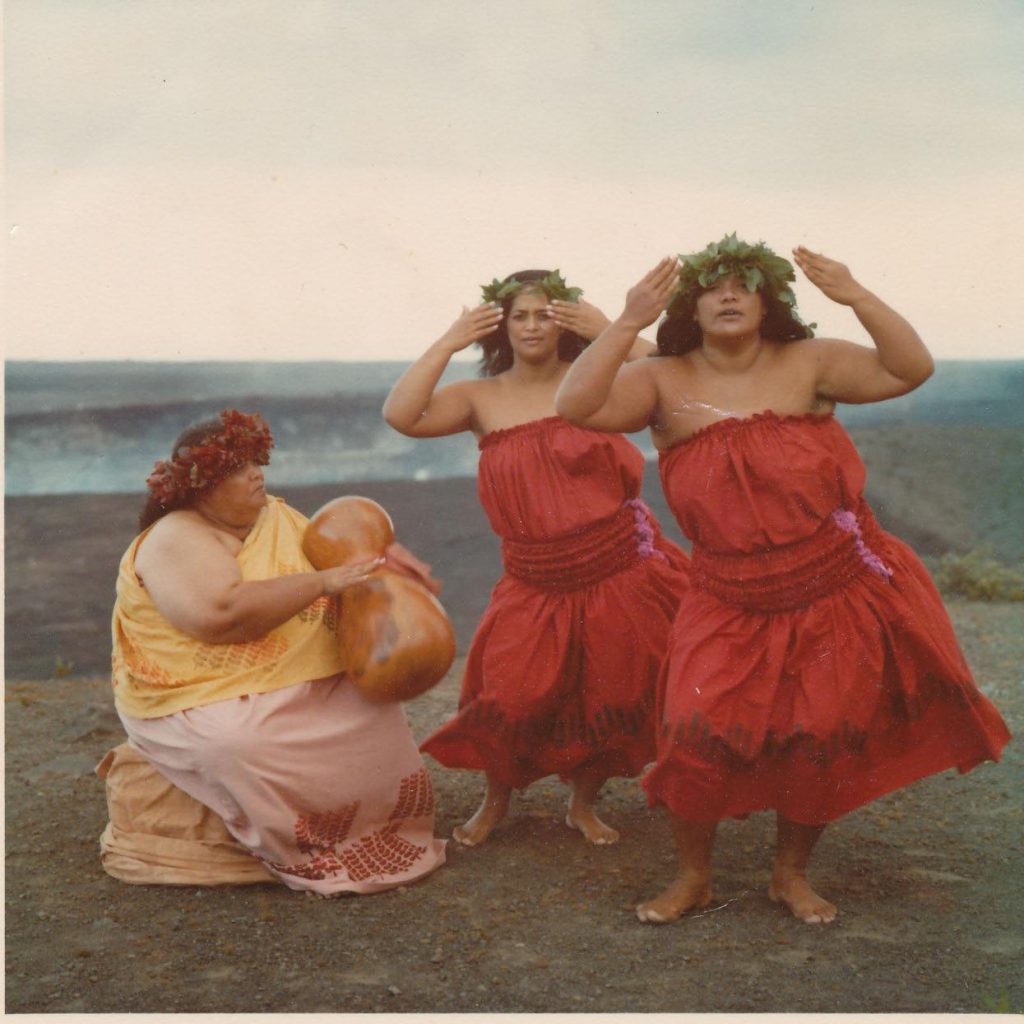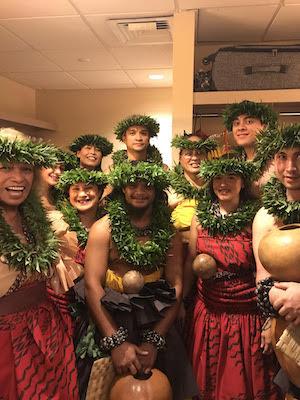UH-Hilo to celebrate legacy of Hawaiian cultural icon and educator Edith Kanakaʻole

The Big Island is invited to celebrate and honor the life and legacy of legendary educator and Hawaiian cultural icon Edith Kanakaʻole on Saturday, May 6, at the University of Hawaiʻi at Hilo.

“Aunty Edith, as she was affectionately known, created an incredible legacy across the University of Hawaiʻi,” said UH President David Lassner in a press release. “We were truly blessed to have her so generously share her knowledge and wisdom with all who were interested and committed.”
The “He Kaʻao No Aunty Edith Kanakaʻole” celebration starts at 10:30 a.m. with a welcoming ceremony in the UH-Hilo Performing Arts Center followed by a ceremonial presentation of gifts and tributes. The celebration moves at 11:30 a.m. to the university’s Edith Kanakaʻole Hall, with activities including sharing stories about the icon’s impact on the world and indigenous cultures; stories from Hawaiʻi Community College, UH-Hilo and Kanakaʻole ʻohana; educational crafts; and more.
In addition, there will be a hoʻolauleʻa (celebration) featuring various musicians and performers, and those who attend will be able to claim their very own Edith Kanakaʻole quarter.
The U.S. Mint released the quarter into circulation at the end of March as part of its American Women Quarters Program. Kanakaʻole is one of five American women to be honored on new quarters this year as part of the program.
Kanakaʻole worked as a teacher at Hawaiʻi Community College from 1971 to 1974 and at UH-Hilo from 1974 to 1979. At both schools, she created courses and seminars about subjects including Hawaiian language, ethnobotany, Polynesian history, genealogy and Hawaiian chant and mythology.
“It was famously said of my grandmother that she never turned down anyone who asked her to teach,” said Huihui Kanahele-Mossman, executive director of the Edith Kanakaʻole Foundation, in the press release. “She always said yes, not only out of the goodness of her heart but because she felt an urgency to pass down this information and these traditions before they fade away and are forgotten.”


Sponsored Content
Comments





_1770333123096.webp)


